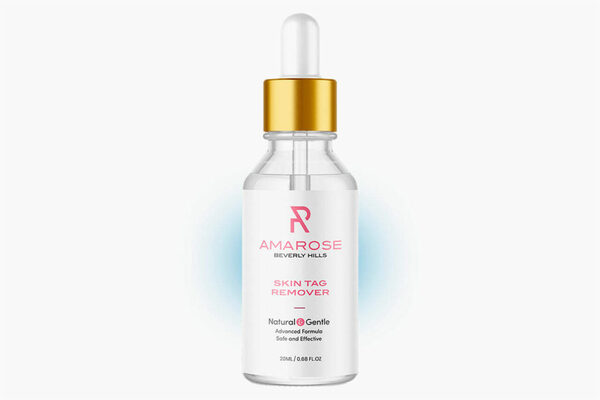-
 Encontrar enMiembros
Encontrar enMiembros Encontrar enVideos
Encontrar enVideos Encontrar enCanales
Encontrar enCanales
This website uses cookies to ensure you get the best experience on our website.
To learn more about our privacy policy haga clic aquíPreferencia de privacidad
Información

xiu umin
(Propietario)
(Propietario)
- Última actualización 25 de junio de 2019
- 0 comentarios, 3 vistas, 1 me gusta , 0 seguidores, miembro de 1
You May Also Like
-

 13 de junio de 2023 - publicado por Tim J. Brooks, DDS0 comentarios, 0 opiniones, vista de 1 , 1 me gusta
13 de junio de 2023 - publicado por Tim J. Brooks, DDS0 comentarios, 0 opiniones, vista de 1 , 1 me gusta -

 7 de ago. - publicado por David Vocal, DDS0 comentarios, 0 opiniones, 2 vistas, 1 me gusta
7 de ago. - publicado por David Vocal, DDS0 comentarios, 0 opiniones, 2 vistas, 1 me gusta -

 12 de feb. - publicado por Dr. Rick Kava’s Sioux City Dental0 comentarios, 0 opiniones, vista de 1 , 1 me gusta
12 de feb. - publicado por Dr. Rick Kava’s Sioux City Dental0 comentarios, 0 opiniones, vista de 1 , 1 me gusta -

 2 de agosto de 2023 - publicado por Forestville Dental0 comentarios, 0 opiniones, 5 vistas, 1 me gusta
2 de agosto de 2023 - publicado por Forestville Dental0 comentarios, 0 opiniones, 5 vistas, 1 me gusta -

 13 de febrero de 2023 - publicado por Perledent Dental Care0 comentarios, 0 opiniones, 7 vistas, 1 me gusta
13 de febrero de 2023 - publicado por Perledent Dental Care0 comentarios, 0 opiniones, 7 vistas, 1 me gusta
Actualizaciones
Información
¿Quieres reportar esto? ¿Por qué no te gustó?
¿Quieres reportar esto? ¿Por qué no te gustó?
¿Quieres reportar esto? ¿Por qué no te gustó?
Información básica
- Publicado por: xiu umin
- Al corriente: Jun 26, 2019
- Última actualización: Jun 26, 2019
- Members: 1
- Puntos de vista: 3
- Gustos: 1
are made of cooling channels that are drilled or milled from steel blocks.
Cold water flows through these channels to cool...MásWhen using plastic injection moulding (PIM), it is important to control heat. Most Table Mould(FURNITUREMOULD) https://www.furnituremould.com/product/chair-table-stool-mould/
are made of cooling channels that are drilled or milled from steel blocks.
Cold water flows through these channels to cool the core and draw heat away from the plastic. Traditionally, these paths have been made by drilling straight holes. However, since the channel can only follow a straight line of sight path, the effectiveness of the method is limited when forming complex shapes.
The practice of conformal cooling overcomes this limitation. With conformal cooling, the channels can be designed to evenly follow the shape of the part, so they "fit" any shape for optimum efficiency and faster cycle times.
How 3D printing is used for conformal cooling. Determining the best way to evaluate the cooling efficiency of 3D printing, 3D printing technology requires a longer time to create a conformal cooling channel than traditional methods, but it can compensate for the cost by reducing cycle time and improving product quality. Mass production costs. The conformal cooling passage is designed to fit snugly against the contour of the part while maintaining proximity to the inner wall of the tool for increased efficiency.
After printing, the part still has a rough surface texture, which is produced when the parts are built layer by layer using the 3D printing method. The blade is then CNC machined and polished to achieve high gloss. Although the total amount of coolant required for a new blade is about the same as the original blade using a straight channel, the channel of the new 3D printing blade more closely follows the taper of the tool and has a larger exposed surface area.
Click Chair Mould https://www.furnituremould.com/product/chair-table-stool-mould/
to learn about more information. Menos
0 comentarios
-
A xiu umin le gusta esto






